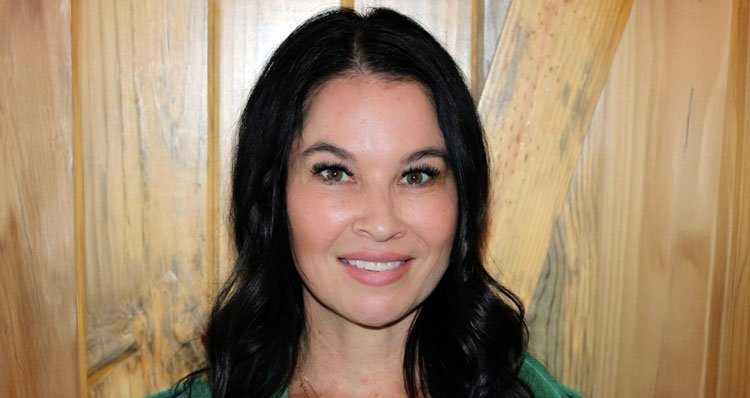Alisa and her husband Brian are facing potential child abandonment charges as they’ve retired to care for their adopted child, struggling to find the necessary support for his complex psychological needs.
When the nine-year-old boy entered foster care, he had been separated from his four siblings and spent over half his life in custody, moving through more than 20 foster homes.
Initially, Alisa and Brian hesitated to adopt him due to his age, as he was close to their biological son’s. However, six months later, he began calling them “mama” and “daddy.” Despite having behavioral challenges, including some unsettling habits, Alisa, a seasoned social worker, felt equipped to handle the situation. They loved him, and with the promise of ongoing support from the state, he became part of their family.
But then, their new son’s trauma began surfacing. The couple witnessed troubling behaviors, including threats of violence against family members. Alisa shared unsettling episodes: he once threatened to harm them with a knife and had even wrapped an electric cord around his brother’s neck.
For the past 16 months, the now-13-year-old has been in a Tennessee facility that specializes in psychiatric care for children exhibiting violent behavior. His identity is kept confidential to protect his privacy as a victim of abuse.
In recent communications, it seems that the facility plans to discharge him against the family’s wishes, leaving them feeling uncertain about safely bringing him back home. Alisa noted, with a sense of resignation, that the system isn’t making it easy for them.
The boy may be returned to state custody, placing him back in a system already overwhelmed with over 8,000 children. DCS Commissioner Margie Quin has expressed that children with complex medical and behavioral needs present serious challenges for their organization.
Alisa and Brian are desperate not to lose their son. They’ve spent months trying to find alternative care solutions that would keep both him and their other child safe.
“I love him. His life has been nothing but chaos,” Alisa remarked. “Yet these broken systems just make things worse for him.”
After seeking additional adoption support to help cover the costs of his care, they were unexpectedly informed that a child abandonment process had been initiated against them due to their inability to manage the situation alone.
This situation, potentially deemed child abandonment, could have lasting repercussions, including tainting Alisa’s social work license.
“It’s not covered, and it’s not medically necessary.”
Advocates in Tennessee have long pointed out the issues within the foster care system. The lack of adequate services often leads to children’s complex needs going unaddressed, pushing them into foster care.
Initially, the family’s private insurance covered some of their son’s residential care. However, Alisa shared that in December, that support ceased, and Tenncare was left to shoulder only the medical costs.
As of February, things took a turn for the worse when Tenncare also seemed to abandon him, despite reports of instability at the facility.
When Alisa learned in May that the facility was planning to send him home, she was taken aback. No transition plan had been established despite the serious behaviors he exhibited. “They wouldn’t even give him a day pass because of his actions,” she explained, visibly frustrated.
She acknowledged having reached out to Tenncare for help but faced rejection; alternative treatment options weren’t covered under their plan, leaving both her adopted son and their household in a precarious situation.
Although she proposed residential options outside of Tenncare’s network, these suggestions also fell flat. A spokesperson for Tenncare declined an interview but indicated there were factors they weren’t willing to discuss, given ongoing legal considerations.
A lawyer contacted DCS in an attempt to support the family in ensuring their son could safely return home. They’ve been in legal battles for months, hoping to rectify the circumstances that led to his traumatic experiences within the state system.
“Without family assistance, he’ll end up back in the very agency that failed him before,” the lawyer stated, voicing concerns over the current trajectory.
In meetings with DCS, Alisa felt a sense of betrayal when informed they faced charges of neglect. “It’s hard not to feel disgusted being seen as negligent when we’re really trying to do right by our son,” she expressed candidly.







